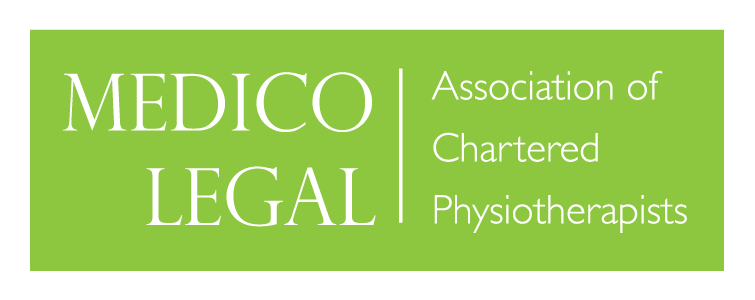Lower back pain is a leading cause of disability, but many sufferers are being given the wrong care and treatment according to new research published in The Lancet.
The research questions the benefits of intrusive scans whilst doubting the effectiveness of strong drugs, injections and surgery, and suggests physical therapies and keeping active are far better back pain management strategies.
Agreeing with the findings, Kevin Huffington, Clinical Director at Central Health, says:
“This all fits with a lot of the research coming through, suggesting that the correlation with investigations such as MRI are not conclusive to the cause of back pain.
“At Central we view most back pain as mechanical, usually caused by the torsional (tightening) effects of the soft tissue attachments on the skeleton, including the spine and the pelvis.
“There can be many contributing factors to this, but some of the most common include general de-conditioning, weight gain and a lack of flexibility; all probably resulting from a lack of exercise and movement and poor ergonomics at work and at home (the way we lift, carry, sit etc) .
“Unfortunately there is no guarantee that you’ll never experience back pain, but certainly exercise, flexibility and better working ergonomics can help to avoid it.
“At Central we specialise in back pain on both an individual and business level (as back pain is one of the main reasons for long-term workplace sickness absence), and take a multi-disciplinary, whole body approach to the problem.
“We believe good diagnosis, patient education and manual therapy treatments, along with a good self-management strategy, including home exercise programmes, are critical in resolving immediate back pain and reducing the frequency of future episodes.”
To read this new back pain research, please visit www.thelancet.com/series/low-back-pain






